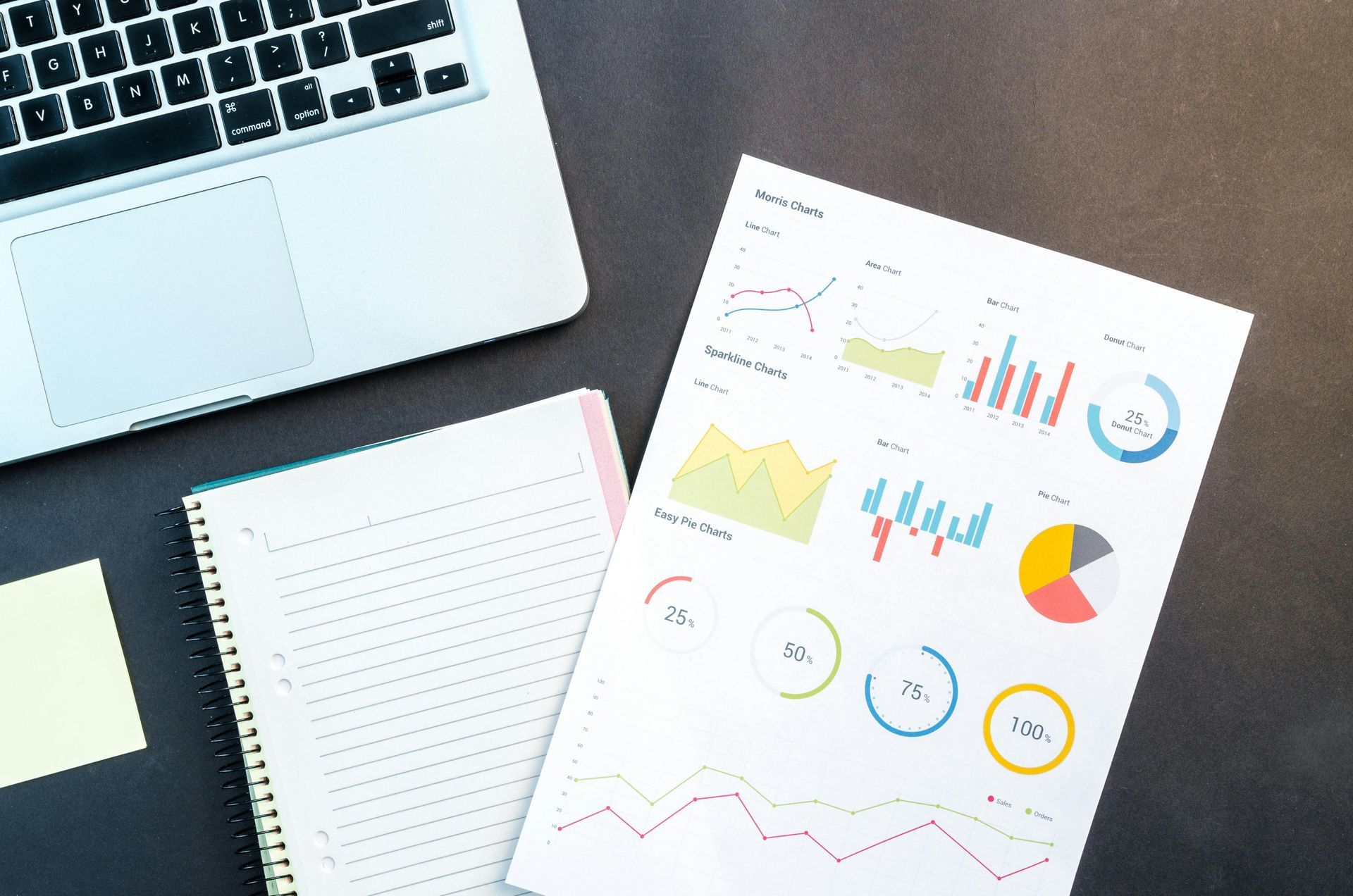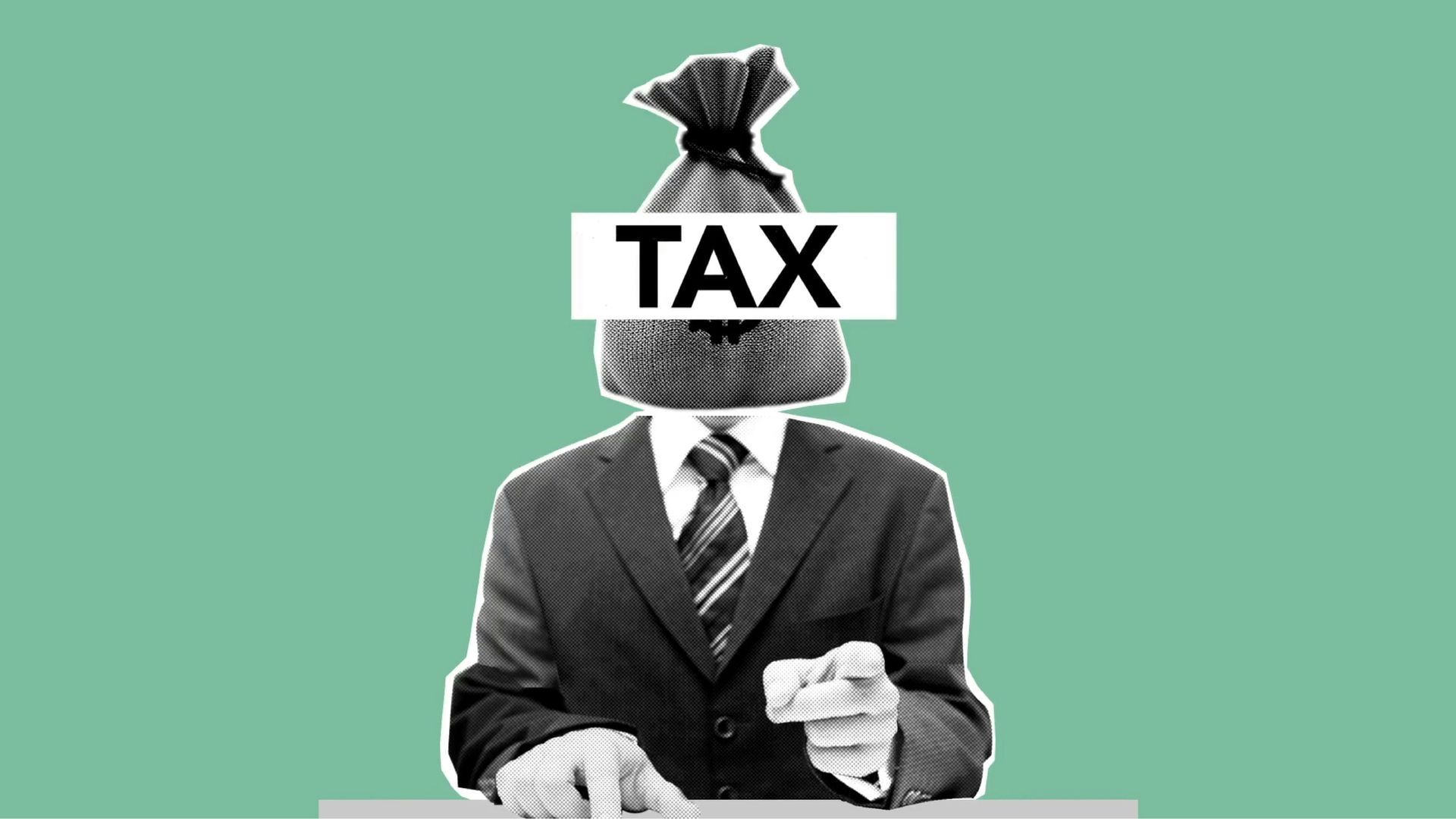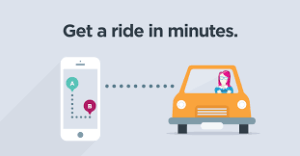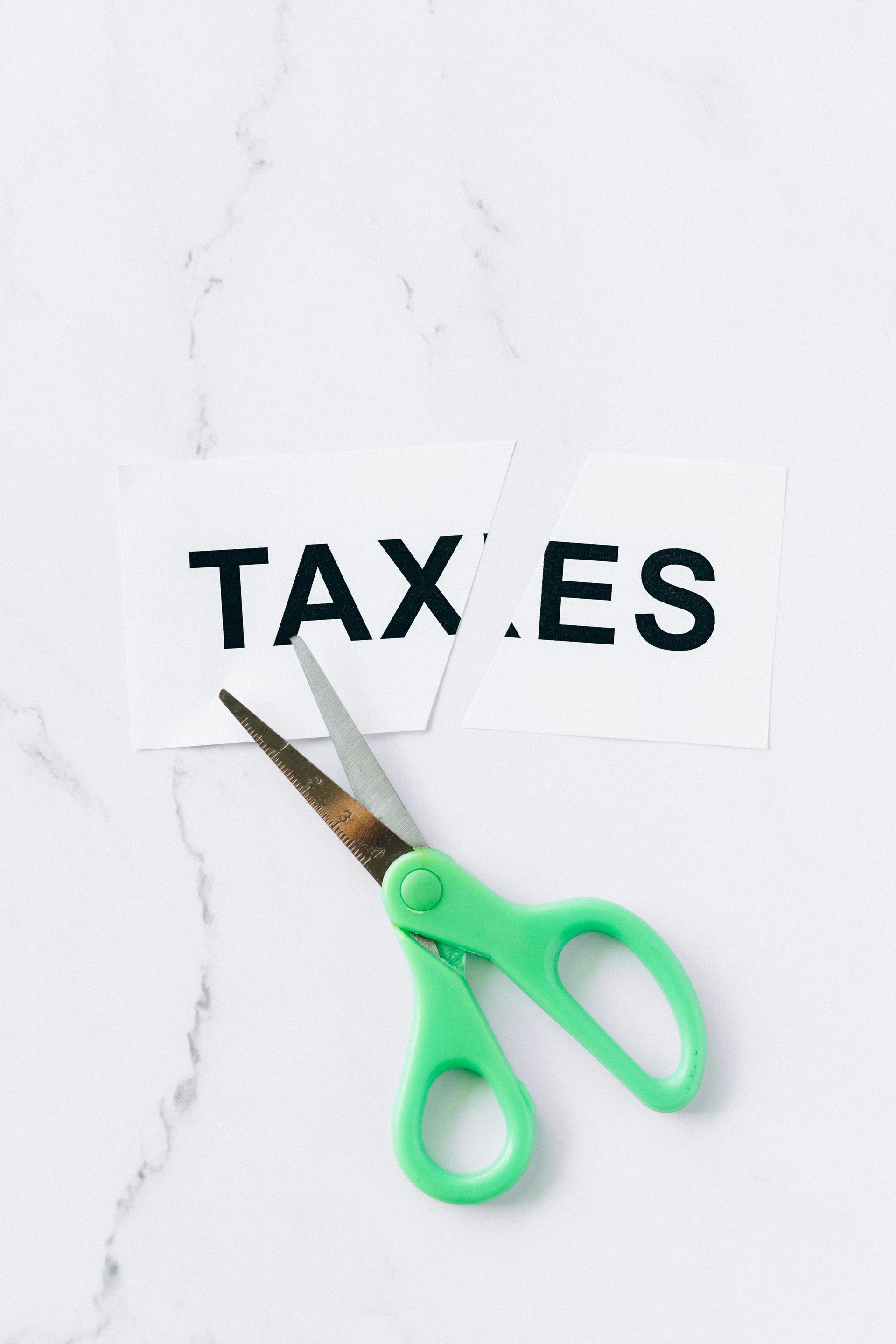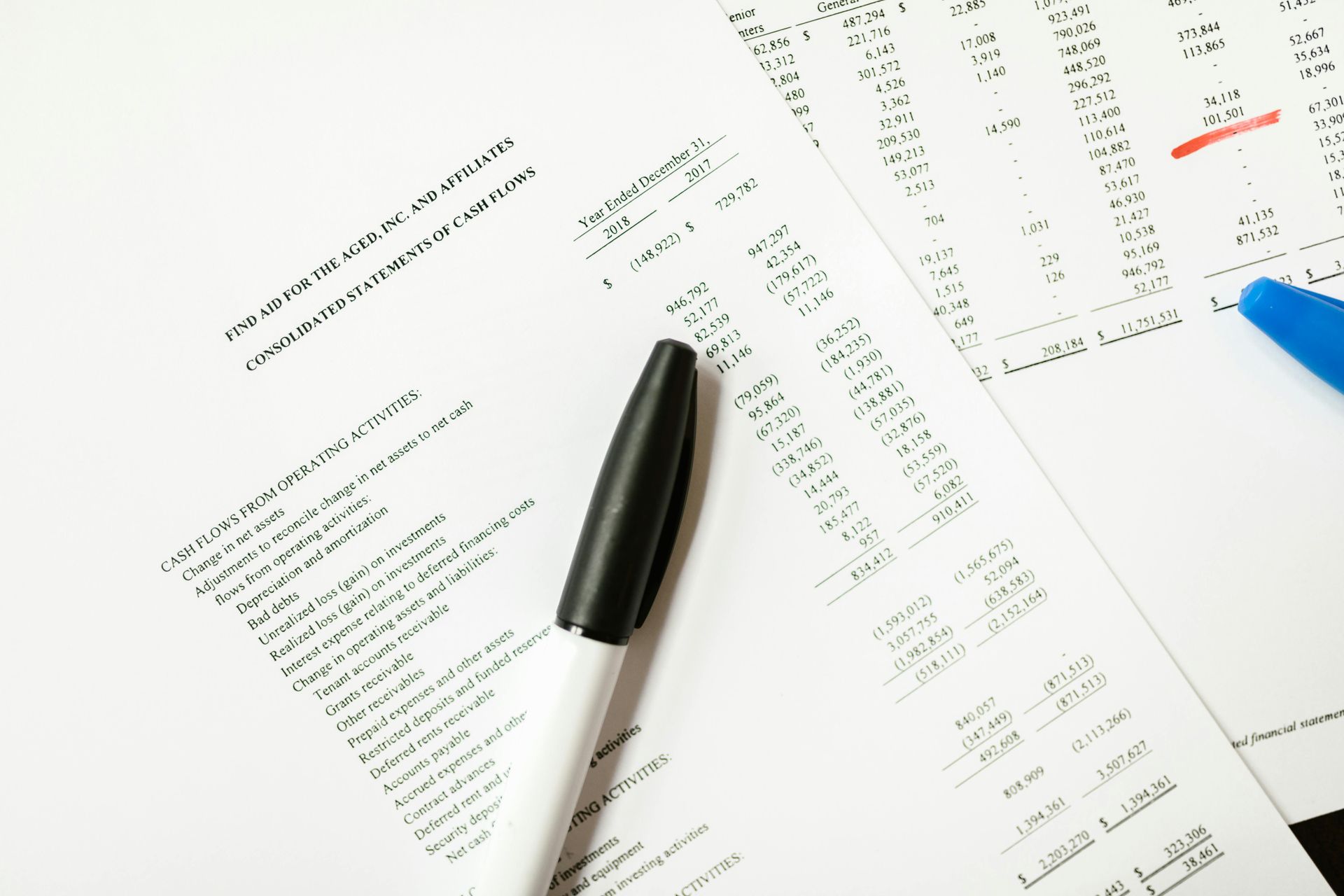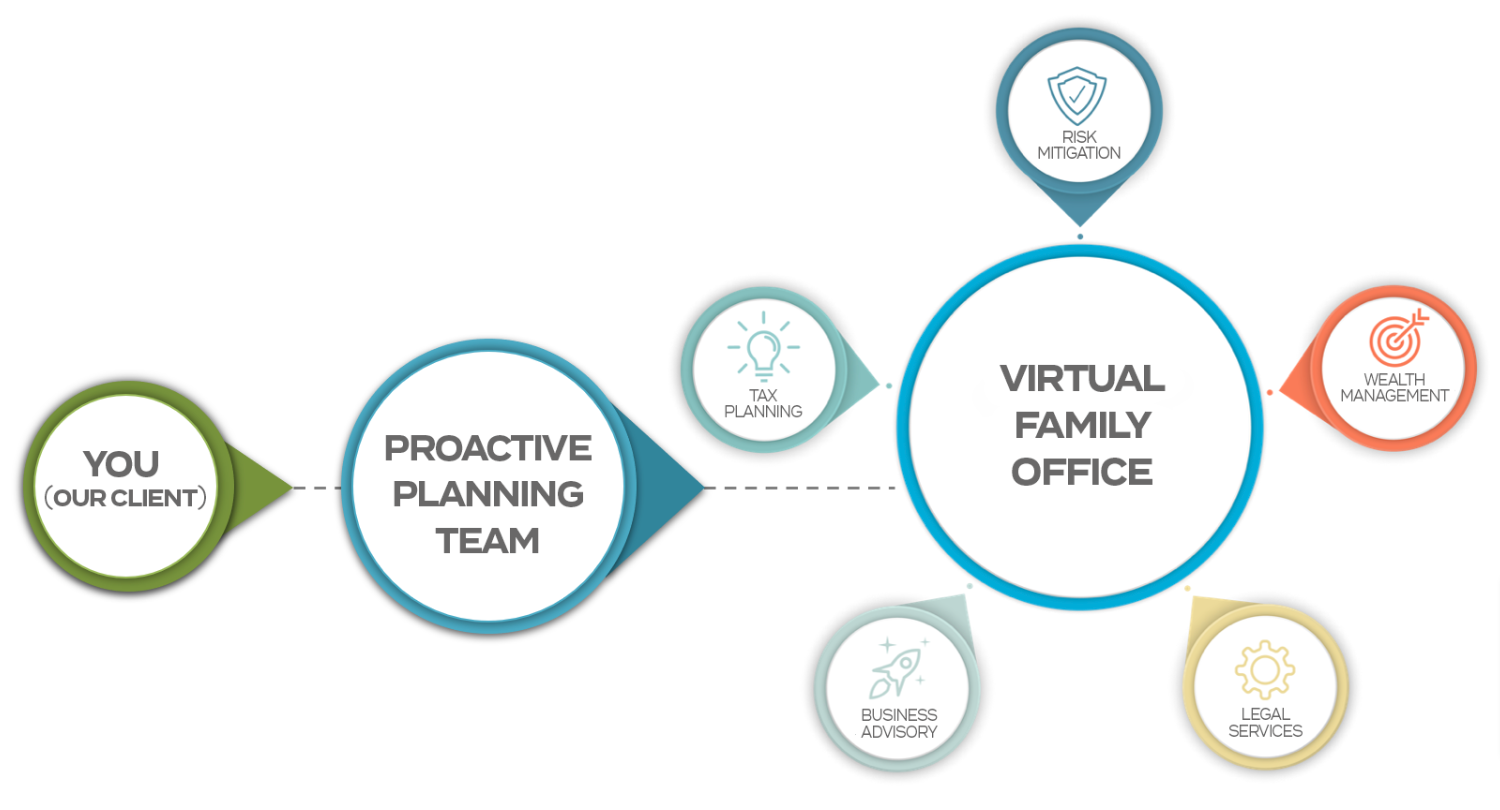Tax Planning If You Drive Uber Or Lyft
The IRS will begin to take a closer look at examining the rapidly growing “sharing economy”. The sharing economy are activities which people get paid for through an online platform. The most popular companies of the sharing economy include Uber, Lyft, Air BnB, Etsy, Fiverr and TaskRabbit. Over the next few weeks I will be focusing on these different activities to raise public awareness regarding the tax consequences involved with the sharing economy.
To begin, I will focus on the transportation sector of the shared economy. This is by far the most booming sector. In fact, it has surpassed taxis/cabs in corporate spending reports. There are two main players in the transportation shared economy game, Uber and Lyft. I personally use Uber almost every weekend and any time I am on vacation. It is easy to use, convenient and cost effective. It is focused on providing the millennial market an easy way to get from point A to point B. Uber and Lyft’s business plans are centered around having “employees” (the drivers) work for them using their personal automobiles. However, in reality, the drivers are not employees of said companies, they are sole proprietors.
What does this mean if you are a driver for Uber or Lyft?
The answer….Congratulations you now own your own business! We help Milwaukee and Waukesha Uber and Lyft drivers with tax preparation and tax planning.
The reason why the IRS is trying to raise public awareness among the shared economy community is because that these drivers don’t realize that they are their own business and not employees. This can result in major tax problems when it comes time to file your tax return. When it comes to tax preparation, there are some important things you need to know when you own your own business.
Here are five things that all Uber and Lyft drivers should be aware of:
- The income checks that you receive are not all yours to keep. When you are an employee, your medicare and social security tax are paid half by you and half by your employer. Guess what? You have to cover the employer and employee portion of this as a business owner. This is known as self employment tax. On top of this tax, you are also responsible for paying federal and state income tax on your net business income. It is important to make quarterly estimated tax payments to the IRS and State to stay compliant and avoid penalties. Hammernik & Associates works with business owners by tax planning throughout the year to stay compliant.
- All income you receive is to be reported to the IRS, this includes cash tips. The third party network will send you a tax form at the end of the year showing the total amount of income that they paid you. This will be reported on Form 1099-MISC if they paid you over $600 or on Form 1099-K if they paid you over $20,000 or there were over 200 transactions. The IRS also received this tax form, so it is important to keep track of the income that you receive throughout the year for year-end reporting. I would suggest that you create a bank account separate from your personal account to keep track of business activity only. Do not co-mingle funds between your personal account and your business account.
- Create an LLC. A LLC is a cost effective way to protect your personal assets. LLC stands for Limited Liability Company. The reason to create an LLC is to protect your personal assets in the event that something goes wrong with your Uber or Lyft business. If somebody decides they want to sue you, they can only go after any assets that are in the LLC. They can not go after your personal items, such as: your house, your savings account, your IRA or 401(k), etc. As I mentioned before, it is important to keep your business activity in a separate bank account. Any activity between your personal account and the business account can put the LLC protection into question.
- Keep track of your mileage. Not all the income you receive is going to be taxable. The way that we reduce the taxable income is by deducting business expenses. The main deduction that an Uber or Lyft driver is going to have is mileage. In 2016, the IRS mileage deduction rate is $.54/mile. It is important that you keep a log of the miles that you drive for business purposes. Make sure that you keep this log separate from the miles that you drive for personal use. There are mobile apps available which make it easy to log your miles, otherwise an Excel sheet works fine as well. You can only choose to deduct mileage OR actual expenses (gas, oil changes, repairs, etc.). More often than not, mileage is the most effective way to go.
- Other ways to reduce taxable income. What other things can you deduct as business expenses? A lot of the Uber drivers I have received rides from have water or candy available to their passengers to improve their experience. If you are one of those drivers, keep your receipts, this is deductible. It is important for Uber drivers to keep their cars clean to provide a nice environment for their passengers, therefore, any car washes, detailing, or interior cleaning expenses are all deductible. Lastly, in order to be an Uber driver you need to use a smart phone. If you are using your personal phone, you are able to deduct a portion of your phone bills. You will need to determine the percentage of use that your business takes up of the overall use of your phone, and that percentage of your bill will be deductible.
The IRS knows that the shared economy is here to stay and is growing every year. They will begin putting more focus on patrolling the tax returns of taxpayers that participate in these activities. Hammernik & Associates is here to make sure that you stay complaint, tax plan to save money, and know what you can and cannot deduct. Also, as a business owner, you now have additional tax savings opportunities available to you. If you are an Uber or Lyft driver or if you frequently use the service, let it be known that Hammernik & Associates knows how to deal with the tax implications involved with being an Uber or Lyft driver.
Hammernik & Associates helps business owners and individual taxpayers save on taxes by proactive planning.
The next blog post will discuss the home rental sector of the shared economy. Stay tuned.
Have a great weekend,
Nicholas Hammernik, EA
Nick is Talking Tax To Milwaukee. Combing the boring topic of tax with the latest news in pop culture and sports.
The post Tax Planning If You Drive Uber Or Lyft appeared first on Talking Tax to Milwaukee.
See More Blog Posts


